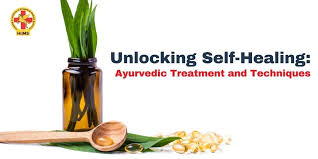

Ayurved Apnao Ngo
Ayurvedic NGOs play a pivotal role in advancing health care by integrating traditional Ayurvedic practices with modern needs. These organizations provide accessible, holistic health solutions through community-based programs and clinics. They focus on preventive care and natural treatments, offering remedies for various health conditions using herbal medicine, diet, and lifestyle adjustments rooted in Ayurvedic principles. By delivering affordable and culturally relevant health services, Ayurvedic NGOs address gaps in conventional health systems, especially in underserved areas. Their initiatives often include health education, workshops, and free or low-cost consultations, empowering individuals to manage their health proactively. Additionally, these NGOs support research and documentation of Ayurvedic practices, ensuring that valuable traditional knowledge is preserved and adapted.
Why Ayurved health :
Choosing Ayurveda over conventional medicine can offer several benefits, particularly for those seeking a holistic approach to health. Ayurveda emphasizes balance between body, mind, and spirit, addressing root causes rather than just symptoms. This personalized approach considers individual constitution, lifestyle, and environment, promoting overall well-being through diet, herbal remedies, and lifestyle adjustments. Ayurvedic treatments often focus on prevention and maintaining health rather than solely curing illness, which can lead to long-term benefits and fewer side effects. Additionally, Ayurveda encourages natural, sustainable practices that align with modern environmental values. While conventional medicine excels in acute and emergency care, Ayurveda provides a complementary option for chronic conditions and wellness. Integrating both approaches can offer a more comprehensive health strategy, combining the best of modern science with traditional wisdom to enhance overall health and quality of life.
Donate us to achive our goal
that they cannot foresee.





